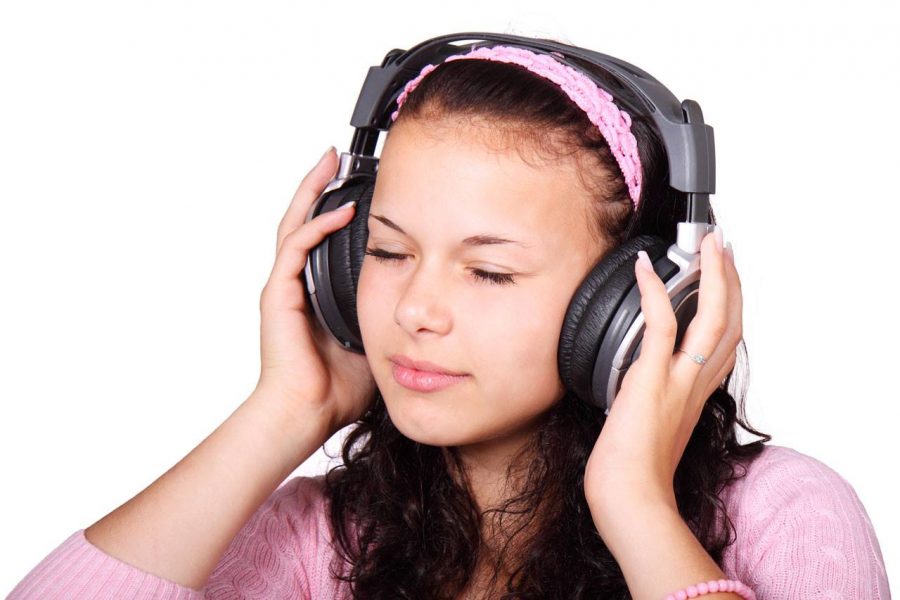MEAMs (a.k.a. Why you’re so obsessed with that song)
Who hasn’t found themselves with a song stuck in their head or listening to one on repeat because it reminds you of that one trip, or sleepover, or experience? Very recently, I was sitting and listening to music with one of my friends when the song Closer by the Chainsmokers started playing. Her first reaction was to say how that song reminded her of a party we had gone to, how she had been listening to it a lot ever since, and how it always made her feel like she was there again. That got me wondering about exactly why that had occurred. We had heard that song several times before the party and the party itself had played many other songs, yet it seemed like it was this one in particular that triggered her memory.
I began noticing that this isn’t just a one of a kind situation, but it is actually quite common. Another example of a song being associated with a certain person or event I was able to observe was when attending a wedding. It was very clear the bride and groom had “their song” as whenever Oração by A banda mais bonita da cidade played, no matter where they were in the salon, they would run over to the dance floor to jam to the song. I am guilty of the same thing myself. I’ve often listened to a song on repeat simply because it reminds me of a certain event.
In the end, the key to understanding this phenomenon is found in the realm of neurosciences with MEAMs, or music-evoked autobiographical memories. Recent studies show that listening to music engages broad areas of the brain that are responsible for motor actions, creativity, emotion, and memory. In 2009, a study at UC Davis was conducted that mapped out the areas of our brain that were engaged when listening to music. They mapped out the brains of several people while they were listening to music and found that, in the end, the areas activated are in fact the same used to recall autobiographical memories and emotions. The connection tends to be stronger when the song is not overplayed on the radio because this helps the original memory maintain its purity rather than be diluted by constant neural updates on where you heard the song. This basically means that when you listen to a song repeatedly in different contexts, your brain will constantly be changing what event the song is associated to until there is no clear one. The connection also tends to occur more often between the song and happy memories.
This ability of the human brain is also being found to be therapeutic! The connection between memory recall and music was first investigated in depth in order to help patients with severe brain injuries to recall personal memories. One of the first studies of this kind was conducted in 2009 at the University of Newcastle in Australia. Other studies, such as one conducted by a Finnish university as described by an article published in Psychology Today, were also conducted to assess the impact of different rhythms, tonalities, and genres of song.
Slowly, music is proving to be an effective way to engage the brain in recalling memory. It has been shown to have better results than the currently used Autobiographical Memory Interview (AMI). The hope of the scientists involved in the research is to be able to develop music-based therapy to stimulate the brains of patients with diseases that affect memory such as Alzheimers.
Now you have an answer for your teachers when they ask why it is so necessary to listen to music while doing your work–it will help you remember the concepts. This will also make you think twice before choosing the song that you will play before a big moment as it might forever trigger the memory of that event. To help with the selection, here are some songs that I recommend: The Greatest by Sia, Sorry Not Sorry by Tessa Violet, Someone New by Hozier, This is Gospel by Panic! At The Disco, Play with Fire by Vance Joy, A Broken Heart Still Beats by The Rigs, Magnetised by Tom Odell, Metaphors by Keaton Henson, and Jenny by Studio Killers.

The senior, Bruna Piccin, is known for being an extreme morning person despite it being a monday and for eating very slowly during lunch meetings. She...











